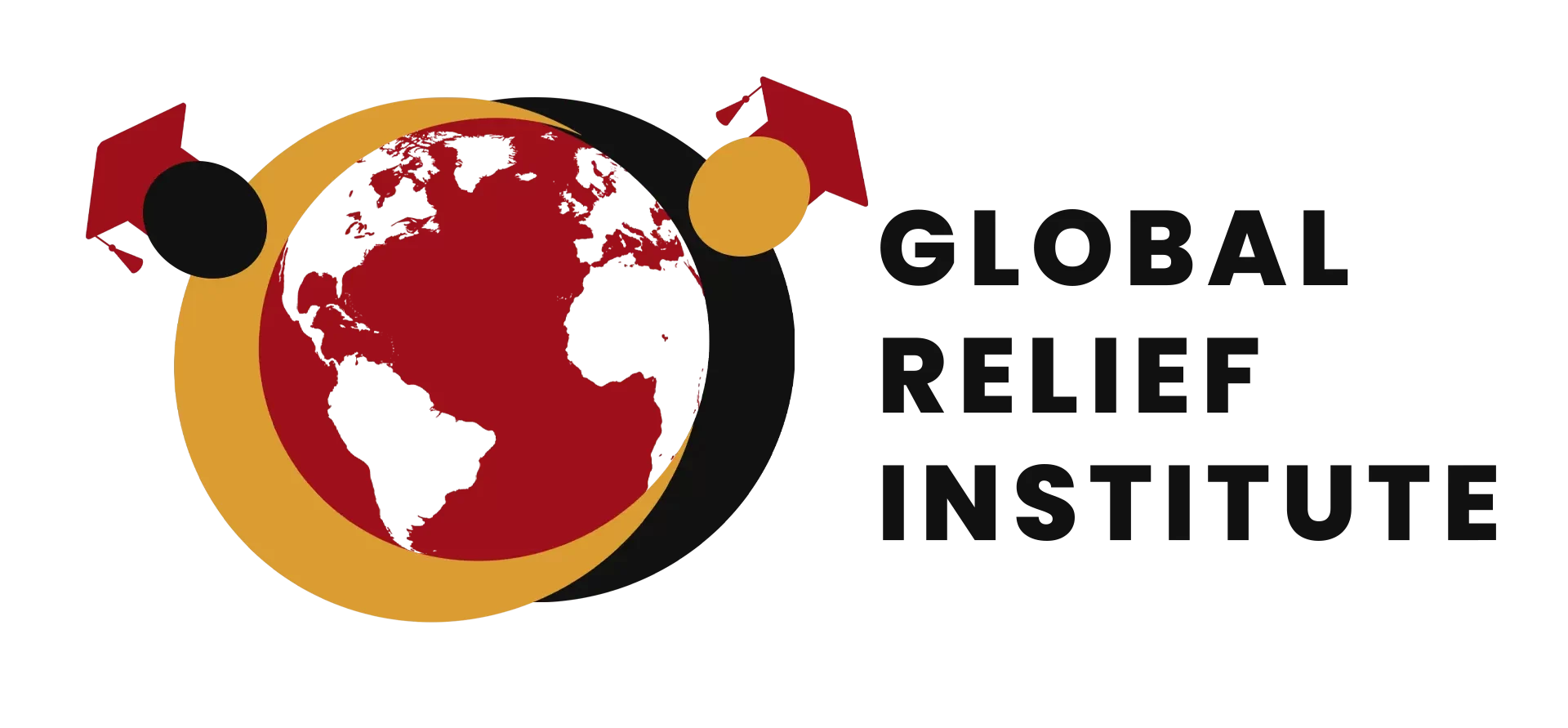To establish an organizations ability to receive and manage grants, it’s necessary to establish adequate accounting practices and systems. The fundamental concept in grants management is that each grant award should be accounted for as an independent cost center, that is, all income from a grant and expenditures are accounted for as a distinct, separate category within the accounting system. The job of Grants Management involves a balancing act; ensuring that project staffs have the latitude to accomplish something meaningful and at the same time every obligation of the funding source is met.
Grants management is important in two aspects, one it is a basic protection against co-mingling all funding into one big pot and loosing track of what money paid for what expenditure and two different aid giving agencies specialize in different sectors for example shelter, education, security, health and food. Every donor that gives out money must have seen a need in a particular area and would like that money to be channeled to that specific need. The course is aimed at equipping learners in appropriating funds to appropriate projects and ensuring that funds are spent for the intended purpose and can be fully accounted for at all times.
The core principles of this course include the following, only expend funds as laid out in the approved grant budget, an organization should not use funds from a grant for items not included in the grant budget or for purposes other than described in the grant narrative, if there is need for amending the budget then it should be done in collaboration with the grant provider and after approval, every expenditure should be supported with adequate and legitimate documentation, ensure that systems of checks and balances are in place so that no one is solely in charge of money and monitoring of the expenditures periodically to ensure that overspending or under-spending can be addressed before the end of the grant period.
The principles are valuable in helping to build trust with donors rendering the management process in an organization more orderly. The purpose of this course is to build the confidence and skills of those responsible for managing institutional donor grants and to meet donors’ financial terms & conditions when implementing programs. Effective grant management by project implementers can contribute to more funding for the organization standing a chance of being given an opportunity in future to implement any emerging issues.
Training Objectives
At the end of the course, participants will be able to:
a) Identify and understand the critical terms and conditions of grant aid for donor-funded projects;
b) Ensure compliance with donor terms and conditions;
c) Providing supporting documents, correct procurement of goods and services and meeting financial reporting requirements;
d) Managing multiple-funded programmes;
e) Prepare a donor financial report to match with a project narrative report;
f) Describe the phases in the grant management cycle clarify key responsibilities and routines needed for successful grant management;
g) Identify the requirements for closing off a donor grant;
h) Manage the relationship with donors, head office and implementing partners with greater confidence;
i) Appreciate that finance and programme staff must work closely for Successful grant management.
Training Approach
We strive to de-mystify financial and project management concepts to Overcome the fear of finance and grants management.
Target Group
This course is specially designed for Project staff who manage institutional donor grants where programmes are implemented directly or through operational partners. The course is also suitable for both finance, administrative and non-finance staff who are new to grant management.
Course Content
- Introduction to Grant Management
- Grant Management Overview
- Grants Cycle
- Internal controls
- Budgeting
- Procurement Management
- Writing a Grant
- Staff Motivation
- Contract Management
- Auditing
- Writing Financial/ donor Reports
- Closing a Grant
Who should enroll?
This is a diploma suitable for persons working in or planning to enter the humanitarian sector, including staff of humanitarian aid organizations, governments, and UN agencies. There are no prerequisites for this course. All participants are expected to have theoretical knowledge of humanitarianism, although humanitarian aid experience is not presumed
Training Format:
• All materials are made available through our Online Learning Platform
• Students should commit approximately 5-6 hours of their time per week
Materials Provided:
Online delivery of curriculum materials, exercises and templates.
Assignments:
In order to demonstrate their understanding of the course content, students will be required to submit assignments at the end of every month.
Duration of course – 6 months
REGIONS TARGETED: Global
COURSE FEE: EUROS 1000
ORGANIZERSGlobal Relief Institute
LANGUAGE: English only
Kindly confirm your participation with:
Online Training Coordinator
Global Relief Institute
